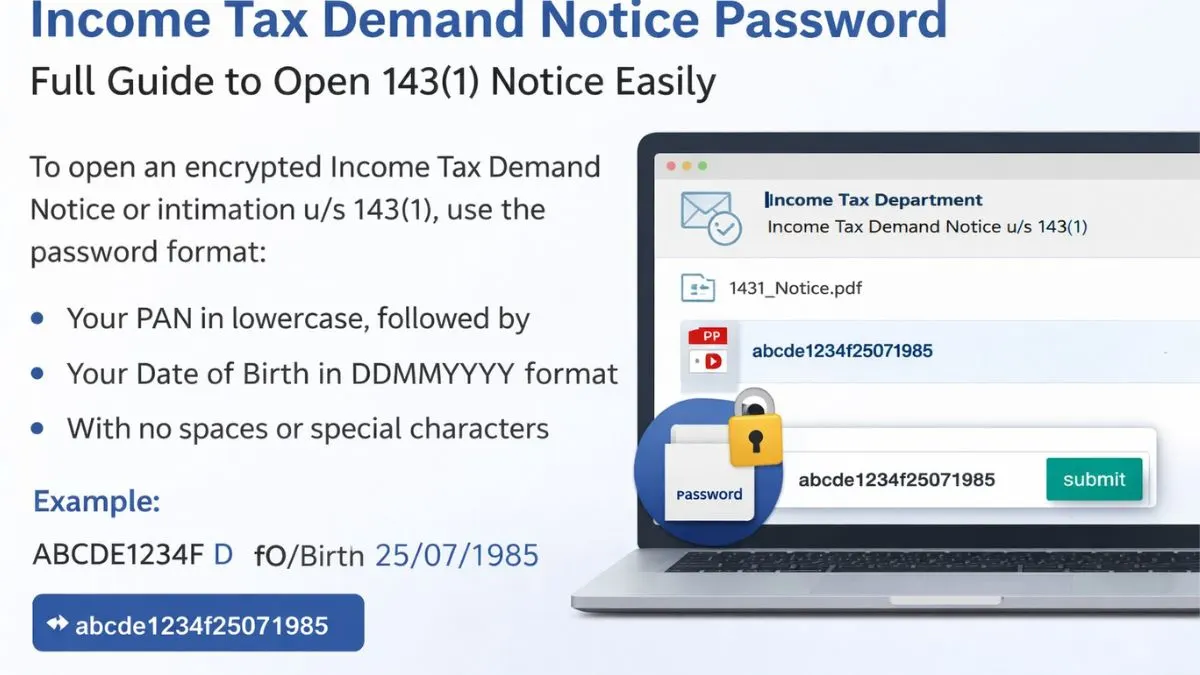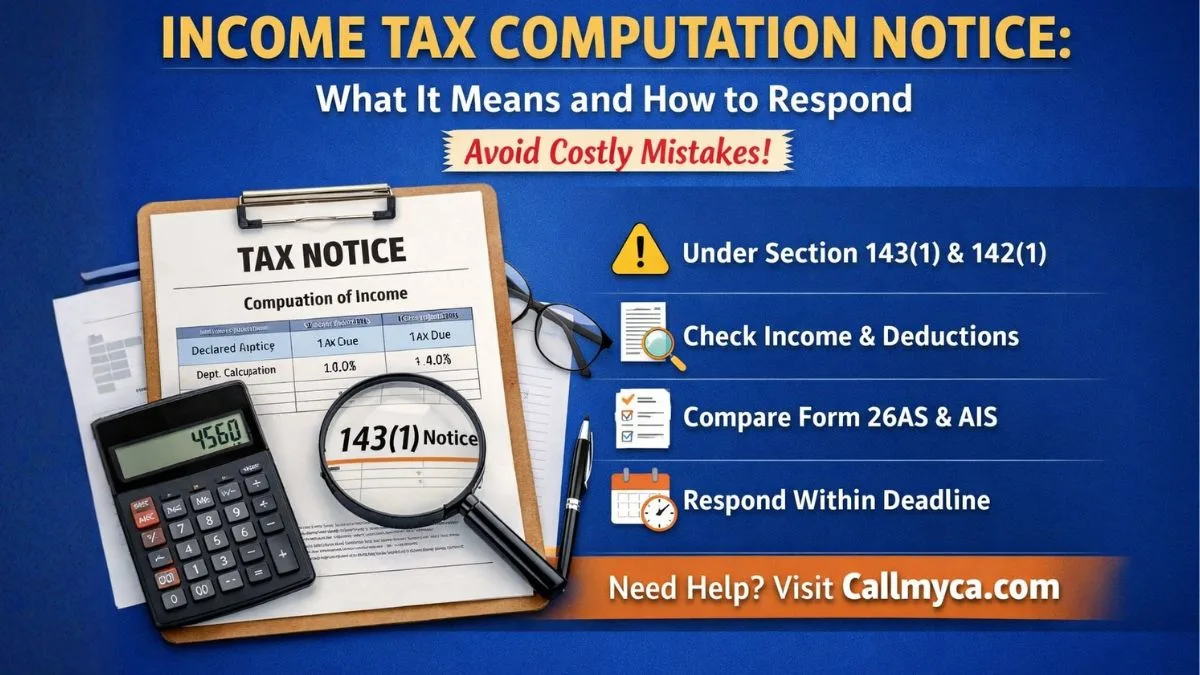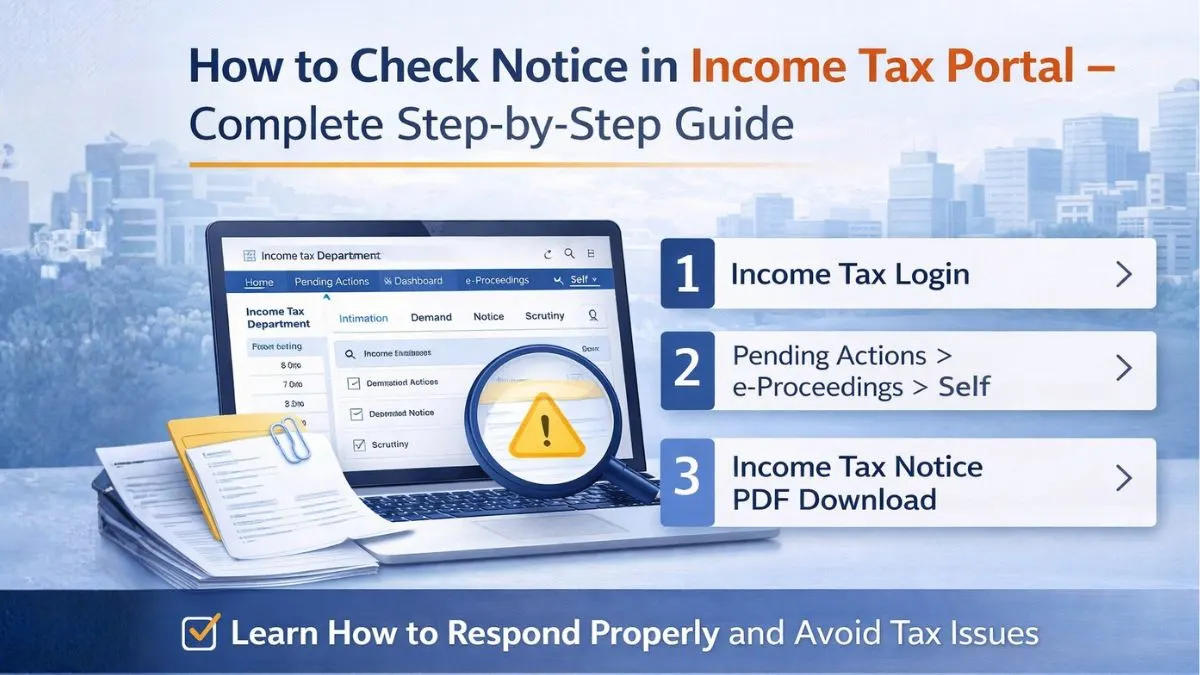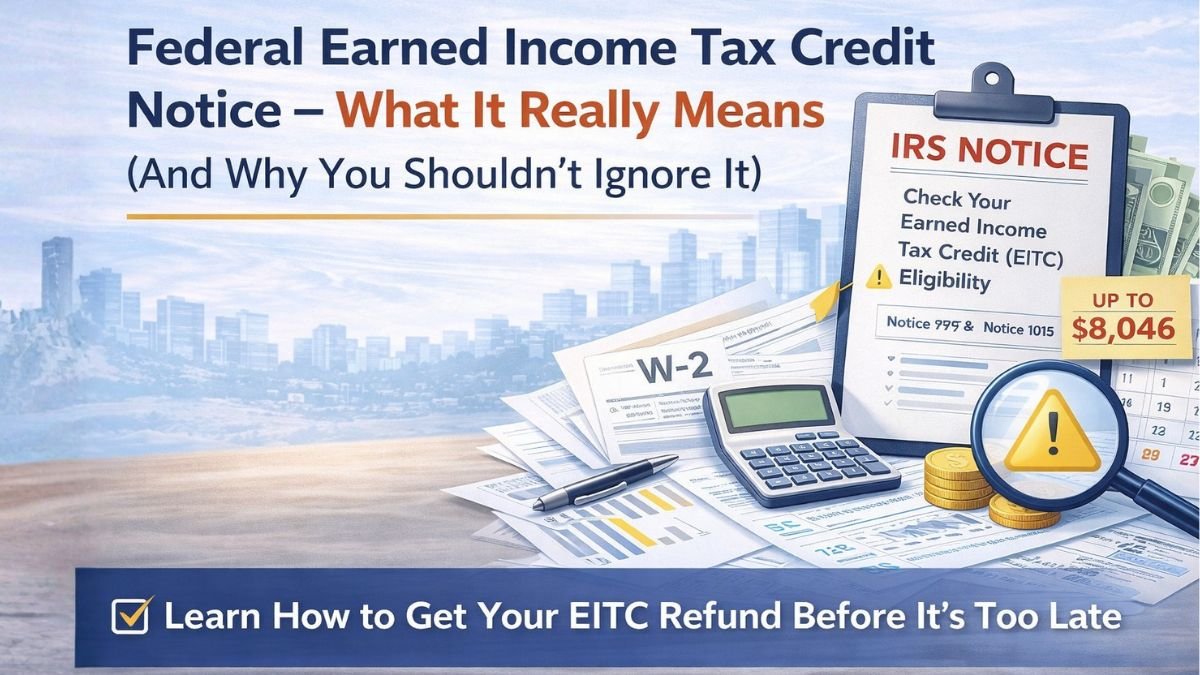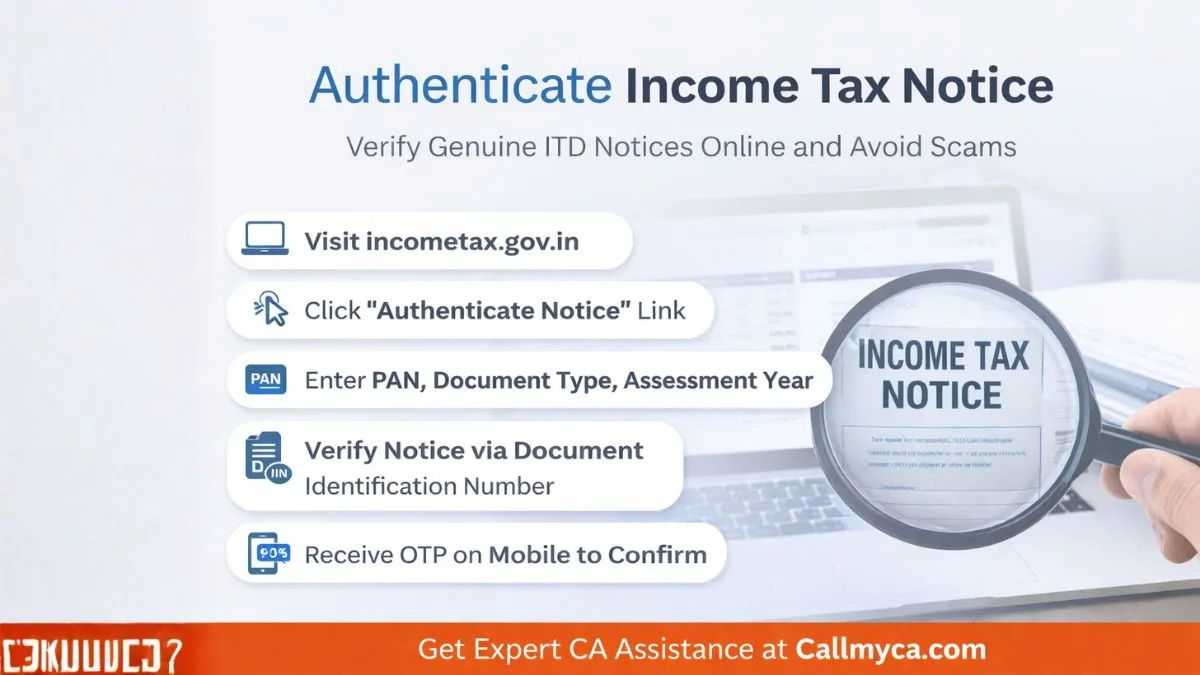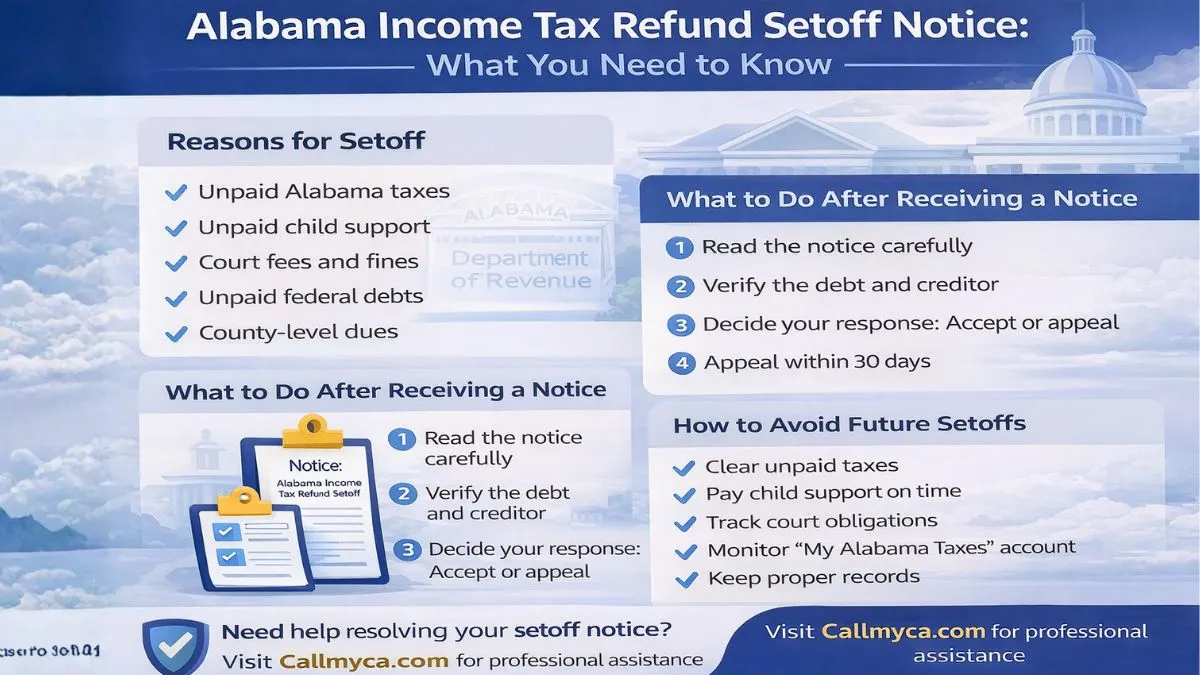
When it comes to tax-saving strategies for charitable & religious trusts in India, Section 11(5) of the Income Tax Act, 1961 plays a pivotal role. It outlines the forms & modes of investing or depositing the money derived from property held under trust for charitable or religious purposes. This provision is crucial because any deviation from the approved investment modes can jeopardise the tax exemption status of the trust.
Let’s break it down into simple terms & understand how charitable & religious institutions can plan their finances while staying compliant. “
What is Section 11(5) of the Income Tax Act?
Section 11 of the Income Tax Act deals with income derived from property held under trust wholly for charitable or religious purposes. While Section 11(1) gives the benefit of tax exemption on such income, Section 11(5) comes into play when that income is accumulated or invested.
Simply put, Section 11(5) specifies where & how the accumulated funds should be invested or deposited if the trust wants to claim continued exemption. It ensures the funds are not used for speculative or unregulated purposes.
Why Does the Government Regulate Investments of Trusts?
Think of it this way—charitable & religious trusts enjoy generous tax benefits. So, the government wants to ensure that the funds received by these organisations are not invested recklessly or misused. Section 11(5) is thus a compliance tool that mandates the investment of such funds only in safe & regulated instruments. “
Approved Modes of Investment Under Section 11(5)
Here are some of the key approved investment options under this section:
- Savings Certificates & Government Securities
- Deposits with Scheduled Banks or Co-operative Societies
- Units of the Unit Trust of India
- Investments in immovable properties, excluding plant and equipment
- Investments in Public Sector Companies (PSUs)
- Any other prescribed mode as notified by the government
This wide range ensures that trusts have both safety & moderate returns, while remaining compliant.
Key Highlights You Should Know
- Section 11(5) deals with the tax treatment of income derived from properties held for charitable or religious purposes.
- Trusts must invest or deposit their funds only in the specified modes to retain their exemption eligibility.
- If a trust invests in anything other than specified modes, the income from such investments may be deemed taxable.
- Investments made in immovable properties, excluding plants & equipment, are allowed under this section, which offers a degree of asset-backed stability.
Real-Life Example
Imagine a trust that receives ₹50 lakhs from donations & wants to accumulate ₹30 lakhs for constructing a hospital wing. Now, to ensure that the ₹30 lakhs remains tax-exempt, the trust must invest it in any of the specified instruments under Section 11(5). If instead, they put it into speculative shares, that ₹30 lakhs could become taxable.
Practical Relevance
For tax professionals & NGOs, understanding this section is non-negotiable. Not only does it help in maintaining tax exemption, but it also instils financial discipline in handling donations and corpus funds. Many trusts unknowingly violate this by investing in unapproved avenues, risking scrutiny & penalties.
Is a Declaration Necessary?
Yes. Trusts must also file a declaration or resolution when investing funds to prove intent & compliance. These declarations should be transparent & well-documented to withstand any income tax assessment or audit.
Penalty for Non-Compliance
Failure to comply with Section 11(5) doesn’t just mean losing tax benefits. It may lead to a denial of exemption, backdated tax liability, & legal implications. That’s why trustees and financial officers must consult with professionals before making large financial moves.
Final Thoughts
Whether you run a small charitable trust or manage a large religious organisation, staying aligned with Section 11(5) is essential. It’s not just about saving taxes—it's about transparency, compliance, and the ethical handling of public funds.
Need guidance in ensuring your trust is tax-compliant & financially sound? Let the experts at Callmyca.com help you with personalised consulting, declarations, & reporting. We handle the rules, so you can focus on your mission.

